Why do you encourage people to follow a certification path in their career journey?
I would encourage you to follow a scrum certification path for the same reason that people go to university. The same reason that people do any course or certification.
It gets you a foot in the door.
Scrum Certification
A certification by itself, has no intrinsic value.
How many people have had to pull out their university degree 10 years after graduating? Pretty much zero. 20 years after graduating, employers are only interested in your work experience and accept your university degree as a minimum requirement.
It’s the same with certification programs.
The certificate establishes that you have the core competence to do the work. It establishes that you have made the effort to upskill, develop new capabilities, and have a culture of continuous learning and improvement.
So, there is a lot of value in obtaining a certification, and it will go a very long way to opening doors for you in your career journey, but it shouldn’t be the only reason why you invest in training.
See the certification as the cherry on top, but not the sole purpose of investing in training.
Application of learning.
As we’ve established, a potential employer or recruiter would have an interest in seeing your certification as a validation of base competence, but you are going to need to augment that certification with actual skills and experience.
And this is where the value of attending courses really comes into play.
It’s the first step in succeeding.
You acquire the necessary knowledge, insights, and potential skills needed to succeed in your field but the second step is actively applying what you have learned and furthering your competence and capabilities through practise, continuous application, and evolving through that experience.
So, to get a scrum master job, for example, you would need the PSM certification.
To excel in your environment, you would need to do the work, actively read blogs, articles, and books to improve your knowledge, and then augment that by attending the Advanced Professional Scrum Master course and achieving the PSM II certification.
So, the initial certification is about external validation. Someone in an organization making a decision about whether you are capable of doing the work. The second certification, such as PSM II, is more of an internal validation.
Validating to your organization and colleagues that you have the advanced knowledge and skills necessary to succeed. Validating that you live the agile values and principles, and actively pursue continuous learning and improvement in all areas of your life.
Validating Learning Objectives
Something I really like about Scrum.org is that they insist on candidates passing an assessment at the end of their course to validate that they have understood the core elements of the course, and that they have the necessary knowledge to apply in their working environment.
There are some places that will simply award a certification for attendance, but the market is now well aware that scrum.org have assessments, and that their assessments are considerably harder to pass than their competitor certification bodies.
It makes a difference in the eyes of the recruiter and organization that are going to employ you.
Scrum.Org insist on the assessment to validate that the course was delivered effectively, and that you now possess the necessary knowledge and insights to perform the work that you are being hired or contracted to do.
A badge of quality if you like.
There are a number of posts on LinkedIn where experienced practitioners will post questions for interviews to help recruiters validate whether someone really understands the application of scrum or agile knowledge, versus those who simply read the scrum guide.
If you’ve attended a scrum.org course, and certainly the more advanced courses, you are going to have the knowledge and insight necessary to thrive in interviews or client engagement Q&A sessions.
People want to know that you can apply scrum or agile effectively, it matters more than if you understand the foundation elements. You need to be able to demonstrate that you understand the content but are also able to effectively apply that knowledge in any given situation.
The more advanced courses, such as PSM II or PSPO-A, provide you with the necessary context and content to help you do that effectively.
That’s why I recommend that you follow a certification path.
It isn’t enough, given the level of global competition you face, to simply know the basics. You need to continue learning, adapting, and improving through each year of your practise. You need to want to get better, to want to succeed in your job, and to want to progress toward mastery.
That’s how you win more opportunities, win greater earning potential, and secure your position as a valuable member of the team.
So, don’t just pursue the certifications, really embrace the path of skills development and validation of your expertise and knowledge. That is going to serve you far better over the long term than simply acquiring meaningless certifications.
About NKD Agility
Naked Agility is an #agile consultancy that specializes in #scrumtraining, #agilecoaching and #agileconsulting to help teams evolve, integrate, and continuously improve.
We recognize the positive impact that a happy AND inspired workforce can have on customer experience, and we actively help organizations to tap into the power of creative, collaborative, and high-performing teams that is unique to #agile and #scrum environments.
If you are interested in #agiletraining, visit https://nkdagility.com/training/
If you have identified the need for #agilecoaching and #agileconsulting, visit https://nkdagility.com/agile-consulting-coaching/
We would love to work with you.
#scrum #agile #scrumteam #agileprojectmanagement #agileproductdevelopment #projectmanagement #productdevelopment #agilecoach #agileconsultant #agiletraining #scrumtraining #scrumorg
